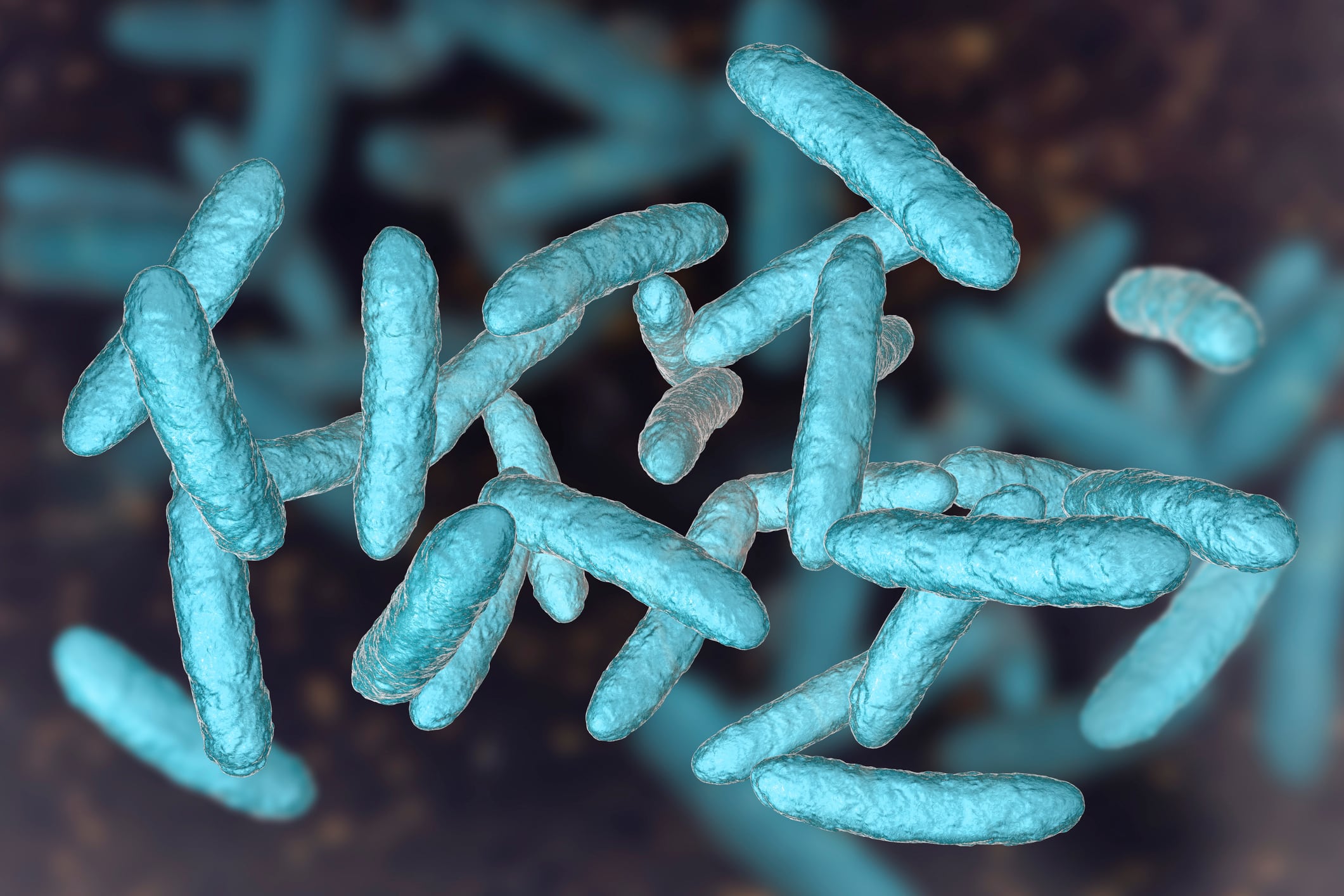Significant decreases in BMI due to the probiotic Limosilactobacillus reuteri LR-99 (Beijing Huayuan Academy of Biotechnology) were observed after six weeks, compared to placebo, and these improvements were even more pronounced at the end of the 12-week study, according to findings published in Probiotics & Antimicrobial Proteins.
The study focused on individuals with Prader-Willi syndrome (PWS), a rare genetic condition that predisposes them to obesity. Easily stressed and anxious, sufferers are especially sensitive to hunger and are therefore prone to extreme mood swings with regards to food and satiety.
The Massachusetts-based scientists also found that 12 weeks of supplementation with the L. reuteri strain was associated with significant improvements in social communication and interaction, fine motor function, and overall development in the younger participants (young children).
“These novel findings have vital implications for early treatment in PWS,” wrote the scientists, led by Xuejun Kong, MD. “Probiotic treatment also altered microbiome composition and function to favor anti-obesity, anti-inflammation, and influence brain function.”
Discovery
The link between the gut microbiota and obesity was first reported by Jeffrey Gordon and his group at Washington University in St. Louis, who found that microbial populations in the gut are different between obese and lean people, and that when the obese people lost weight their microflora reverted back to that observed in a lean person. This suggested that obesity has a microbial component (Nature, Vol. 444, pp. 1022-1023, 1027-1031).
A 2013 paper in Science (Vol. 341, Issue 6150), also led by Prof Gordon, found that transplanting gut bacteria from obese humans into germ-free mice leads to greater weight gain and fat accumulation than mice that were given bacteria from the guts of lean humans.
This has led many research groups to explore if probiotics may help manage weight. A probiotic is defined as a “live microorganisms which when administered in adequate amounts confer a health benefit on the host” – FAO/WHO.
The gut microbiota has been implicated in the obesity associated with PWS, noted Dr Kong and her co-workers, meaning that probiotics could offer a “promising intervention for PWS with better tolerance and convenience than GH [growth hormone] replacement”, they wrote. GH is currently viewed as the most effective treatment for PWS because PWS individuals are known to be GH deficient, noted the researchers.
Study details
Dr Kong and her co-workers recruited 71 children aged between 6 months and 22 years old, and randomly assigned them to receive either placebo or 30 billion colony forming units (CFUs) per day of the LR-99.
The data indicated that, compared to placebo, the probiotic group experienced significant decreases in BMI from week 0 to 6 and from week 0 to 12.
In children over three years of age, the researchers also found that probiotic supplementation was associated with significant improvements in social communication and interaction, fine motor function, and development.
“Lact. reuteri has been reported to upregulate oxytocin in mice and increase the abundance of OXT-producing cells in the caudal PVN of the hypothalamus in humans,” wrote the researchers. “These findings of social improvement by Lact. reuteri have not been reported in humans previously, which warrants further study of potential oxytocin signaling deficits involved in the pathogenesis of PWS and other developmental disorders that may also be improved through probiotic supplementation.”
Source: Probiotics & Antimicrobial Proteins
Published online ahead of print, doi: 10.1007/s12602-021-09800-9
“The Effects of Limosilactobacillus reuteri LR-99 Supplementation on Body Mass Index, Social Communication, Fine Motor Function, and Gut Microbiome Composition in Individuals with Prader–Willi Syndrome: a Randomized Double-Blinded Placebo-Controlled Trial”
Authors: XJ Kong, et al.


